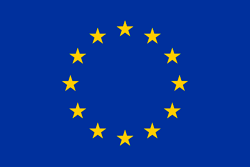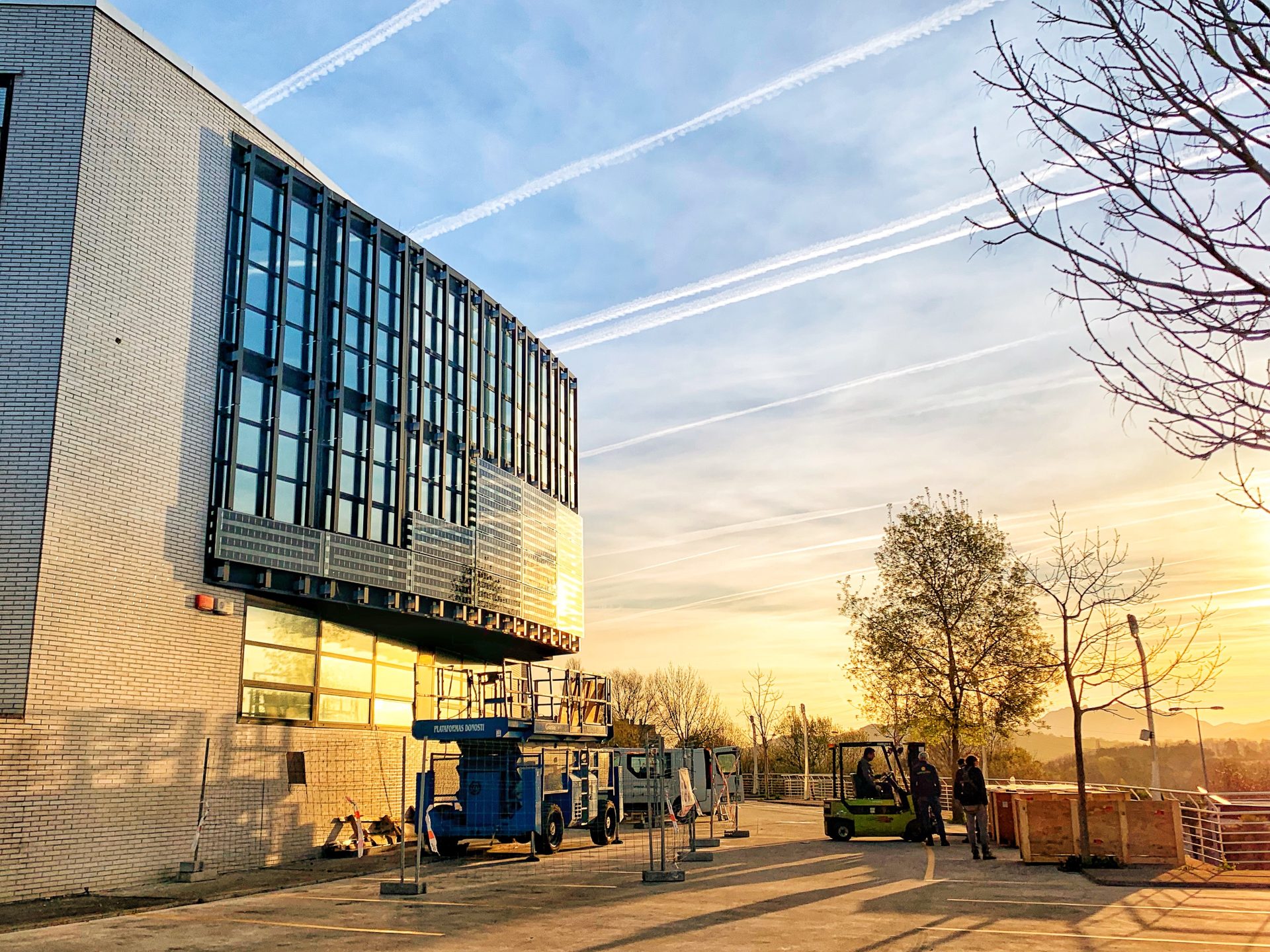“We promote integrated photovoltaics in buildings, infrastructure, vehicles and other applications through the SEAMLESS-PV initiative”
Photovoltaic technology has a great advantage over other renewable energy sources
Its characteristics, such as modularity and design flexibility, enables it to be integrated into buildings, infrastructures, electric vehicles or agricultural environments, giving rise to multifunctional products that not only fulfil their main function (structural and acoustic, among others), but also generate electricity.
With this conviction, the SEAMLESS-PV project came about, led by TECNALIA, which seeks to contribute to the development of integrated photovoltaic technology (IPV). The initiative, funded by the European Commission, has started recently, following a kick-off meeting organised by the project consortium in Bilbao.
Main objectives of the project
The project aims to develop innovative equipment and manufacturing processes that enable the development of the IPV sector, facilitating the manufacture of solutions that respond to the requirements and regulatory frameworks applicable in the construction, electric vehicle, acoustic screen and agriculture sectors. More specifically:
- Advanced flexible automated manufacturing equipment for photovoltaic modules and products based on high-efficiency crystalline silicon technologies will be developed. Compatibility with the next generation of PV cell formats (M6-M10-M12) and new interconnection technologies (multi-busbar, rear contacts, etc.) will be ensured.
- The industrialisation of new processes to reduce the manufacturing costs of lightweight products that are easy to integrate in various applications will be addressed.
- Furthermore, a set of IPV products will be developed that demonstrate high efficiency and cost competitiveness, as well as compliance with applicable specifications and regulatory frameworks in each sector.
In addition to leading the coordination of the project, TECNALIA will focus on the industrialisation of the technology for manufacturing lightweight Solarface modules, which has advantages over conventional solutions, such as adaptability and design flexibility, facilitating their integration into end applications. The development of industrial processes will provide the necessary manufacturing volume and cost reduction for commercialisation.
TECNALIA will also work on the development of multifunctional photovoltaic products for integration in buildings, transport and agricultural environments and the start-up of a pilot manufacturing line for this technology at its facilities in Donostia/San Sebastian.
Demonstration in real industrial environments
The new equipment and manufacturing processes will be demonstrated in real industrial environments. In total, six pilot lines for the production of IPV solutions will be set up at the facilities of the main manufacturing partners. Furthermore, the new manufacturing capacity will be used to set up various demonstrators throughout Europe. Among them:
- Building integrated photovoltaic technology (BIPV) in Italy, France, Belgium and Switzerland.
- A new photovoltaic acoustic barrier to be installed on the A-8/AP-8 motorway in the Bizkaia Connected Corridor (BCC), a Living Lab managed by TECNALIA in collaboration with Bizkaia Provincial Council.
- Vehicle-integrated photovoltaics (VIPV), with the application of lightweight solar panels on three different vehicles belonging to Sono Motors.
- Two demonstrations in the agricultural sector, addressing the use cases of open agriculture and multi-span greenhouses.
Further information
The consortium is made up of 18 partners, including research centres and industrial companies from Spain, Italy, France, Germany, Belgium and Switzerland. The partners cover key roles along the integrated PV value chain from various sectors, including Basque (Branka Solutions and Mondragón Assembly) and Spanish (ONYX Solar and BECSA) companies.
Mondragon Assembly, Becquerel Institute, PIZ srl, ETA Florence - Renewable Energies, ONYX Solar, SONO Motors, CEA, BECSA, BRANKA solutions, Format D2, AKUO Energy, Optimal Computing, Finproject SpA, CASA S.P.A., SUPSI, 3S Swiss Solar Solutions AG and CSEM.

This project has received funding from the Horizon 2020 EU research and innovation program, in accordance with Subsidy Agreement No. 101096126.

